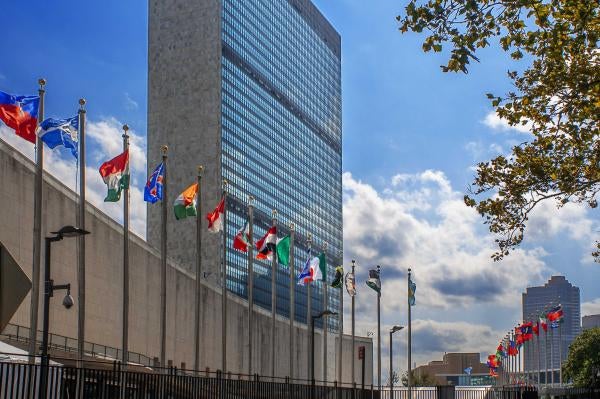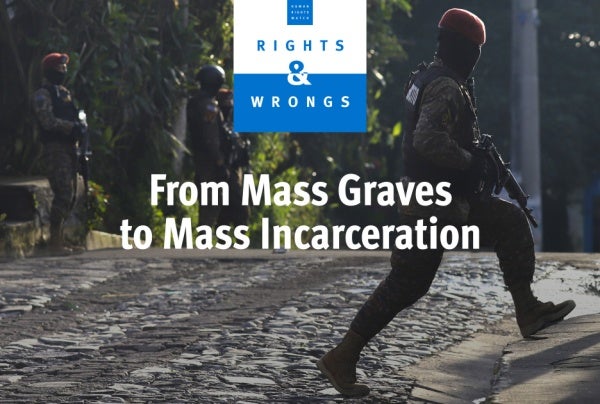Lire la version en français / Hier auf Deutsch lesen/ Lea la versión en español
Ana left her home forever when she was just a teenager. The tiny village of her birth was far from anywhere and without electricity, without running water, and without paved roads.
A devastating war had just claimed countless lives and wrecked the region. The country she had lived in her entire life up to that point had just collapsed. It literally disappeared from the map. A new government of a newly invented country was struggling to take control of the region in the face of a violent extremist uprising. All the upheavals meant there was widespread famine.
Ana travelled across war-ravaged lands and stormy seas and eventually reached the US border. She arrived with nothing but 25 dollars to her name – all that was left of the money a young man in the US had wired to her for the trip. Ana was hoping to start a new life with him.
He was a not-too-distant relation of Ana’s whose parents were originally from a village near her birthplace. They wanted their son to have a “traditional wife” and helped arrange the marriage, which eventually resulted in eight children.
Ana looked after the kids in their traditional way, grounded in their religion, culture, food, and language. Ana didn’t speak a word of English when she arrived in the US, and she would never learn it.
I know people in the US today – perhaps even some relatives of mine – who would look on Ana’s story with dismay and even anger. They’d grumble about, “chain migration” and “refusing to integrate.” They’d say things like, “she should speak English!” And some might say a lot worse, as well.
It would start them off on a rant about immigrants in the US – how they were having too many children and taking over with their foreign ways. Some of my US relatives, too, might feel no compassion for Ana, a poor, foreign woman who managed to flee her crisis-torn homeland.
If some relatives of mine adopted this attitude, however, it would be strange, because Ana (not her real name) was also a relative of ours - my grandmother.
Her story is pretty much the story of millions of Americans’ grandmothers and great-grandmothers.
Oh, but, but – I hear someone quickly reply – but things were different back then, some one hundred years ago, when Ana left eastern Slovakia amid the wreckage of the Austro-Hungarian empire after World War One. Things have changed.
But has anything changed, really?
There are still political upheavals, wars, and famines. There are still people who seek to escape them and build a more secure life elsewhere. There are still desperately poor people who get assistance to do so from slightly less-poor family members already in the US. People still bring their culture with them when they move.
Nothing’s changed. It’s simply that some folks in the US are forgetting their own humble immigrant roots.















